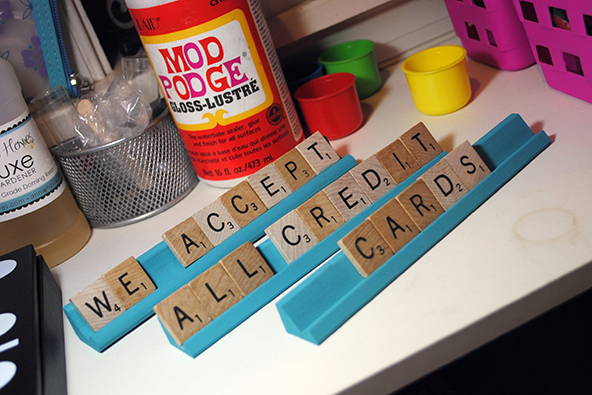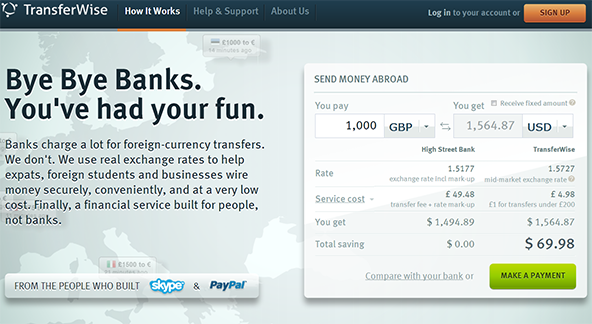Merchant Account Application Process

Applying for credit card processing services (a merchant account) is not quite as straightforward as opening up a checking account. There is a number of requirements that applicants need to meet and, to understand why the process is so stringent, you need to understand exactly what a merchant account is.
A merchant account is a form of line of credit that a processing bank (also known as acquiring bank, merchant bank or acquirer) extends to a merchant. When you accept a card payment, your processor will “acquire” it, typically at the end of the business day, and within a day or two will deposit the payment amount, after subtracting the interchange fee and its own processing cost, into your designated bank account. At the same time the processor will submit a request for payment to your customer’s card issuing bank. However, the issuer and its cardholder typically have up to six months to dispute the transaction. If the dispute is valid, the merchant must reimburse the cardholder for the total amount of the sale. However, if the merchant is out of business, the processor bears the liability. That is the reason why processors use the application process to establish the credit worthiness of both the applicant organization and its principals.
Following is a list of documents that you will have to submit to begin the application process:
- Merchant account application. In this form you will provide details about both your organization and yourself, including your address (business and personal), social security number, federal tax ID (if applicable), phone and fax numbers, email address, website address, bank account info, etc.
- Personal guarantee. Most applicants are required to provide a personal guarantee before establishing a merchant account. Exceptions are public corporations and non-profit organizations.
- Articles of Incorporation. All incorporated entities need to provide a copy of their Articles of Incorporation. Sole proprietorships are required to provide their “Doing Business As” (DBA) names. Individuals cannot set up merchant accounts.
- Business license. If your line of business is regulated and requires a license or a permit, either a federal or a state one, you will need to provide a copy of it.
- Business financial statements. Unless your organization has been formed recently, you may have to provide its financial statements (typically it is required that you produce financial statements for the two years preceding the application date). Typically financial statements are required from high-risk businesses.
- Personal financial statements. Typically requested in place of business financial statements from sole proprietors, personal financials may also be requested in addition to them. Personal tax returns for the latest two years are usually sufficient.
- Processing statements. If you are currently processing credit cards and are looking for a new service, you will be asked to produce your three latest processing statements.
- Voided check. You will need to provide a voided copy of a check for the bank account that you want your money to be deposited into. The check must have your legal or “Doing Business As” (DBA) name printed on it. If you have not yet received your permanent checks, you will need to provide a signed bank letter stating your account details.
As you see, there are quite a few requirements for organizations that want to accept card payments and it is by no means certain that your application will be approved. Still, if you provide the requested paperwork and have a decent credit history, chances are that your merchant account will be approved.
Once the application paperwork is received and before providing credit card processing services to a U.S. business or a non-profit, payment processors must verify that the applicant is a bona fide organization and that the transactions the merchant intends to be processing are genuine and in compliance with applicable laws and industry regulations. Such verification typically includes the following:
- Credit check, background investigations, and reference checks of the merchant. If the credit check of the merchant raises questions, the processor also should conduct a credit check of:
- The owner, if the merchant is a sole proprietor; or
- The partners, if the merchant is a partnership; or
- The principal shareholders, if the merchant is a corporation.
- Inspection of the merchant’s physical location and records to ensure that the merchant has sufficient capabilities to conduct its operations, as described in the merchant application. If the merchant has more than one outlet, the processor must inspect at least one of them.
- Checking the Member Alert to Control (High-risk) Merchants (MATCH) system, also known as Terminated Merchant File.
- Examination of the applicant’s previous merchant agreements.
Image credit: Creditunionguy.blogspot.com.



Thanks for posting all the helpful information. You can’t expect your business to reach its full potential if you only accept cash.